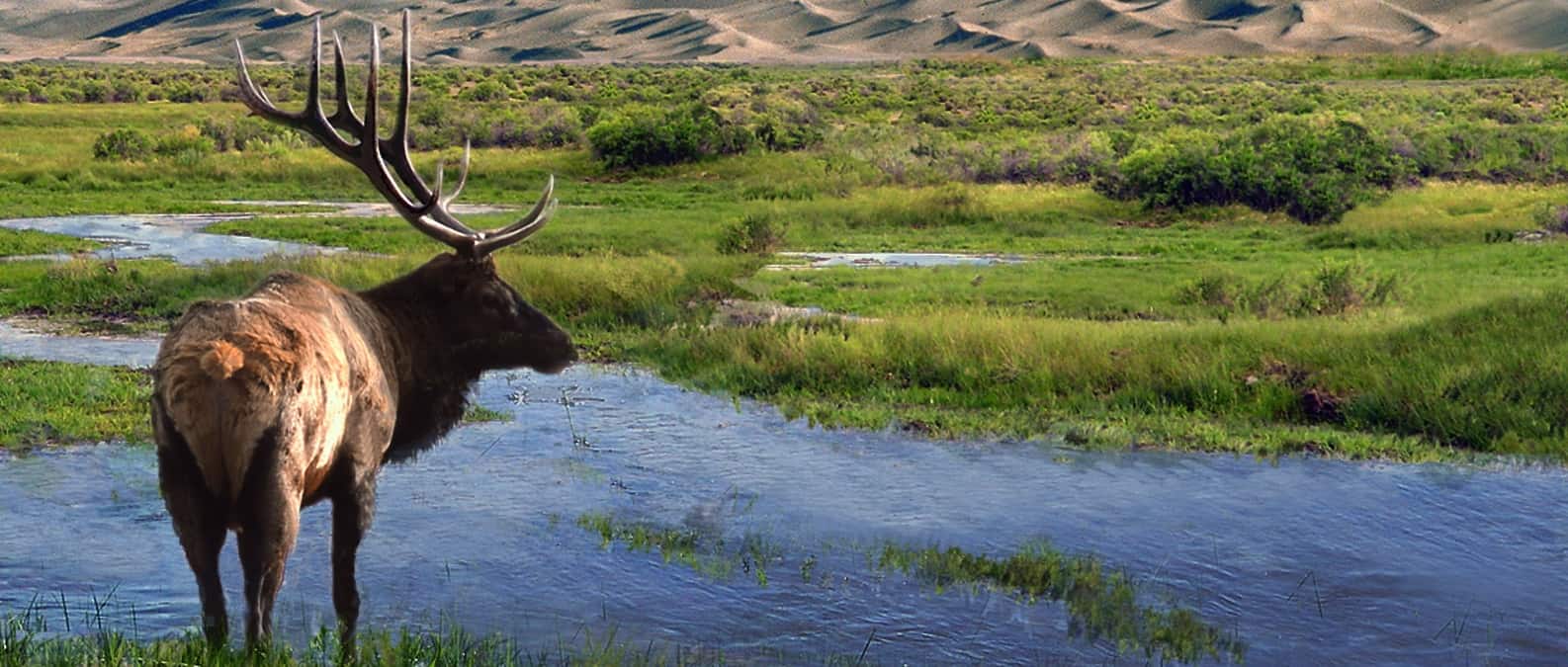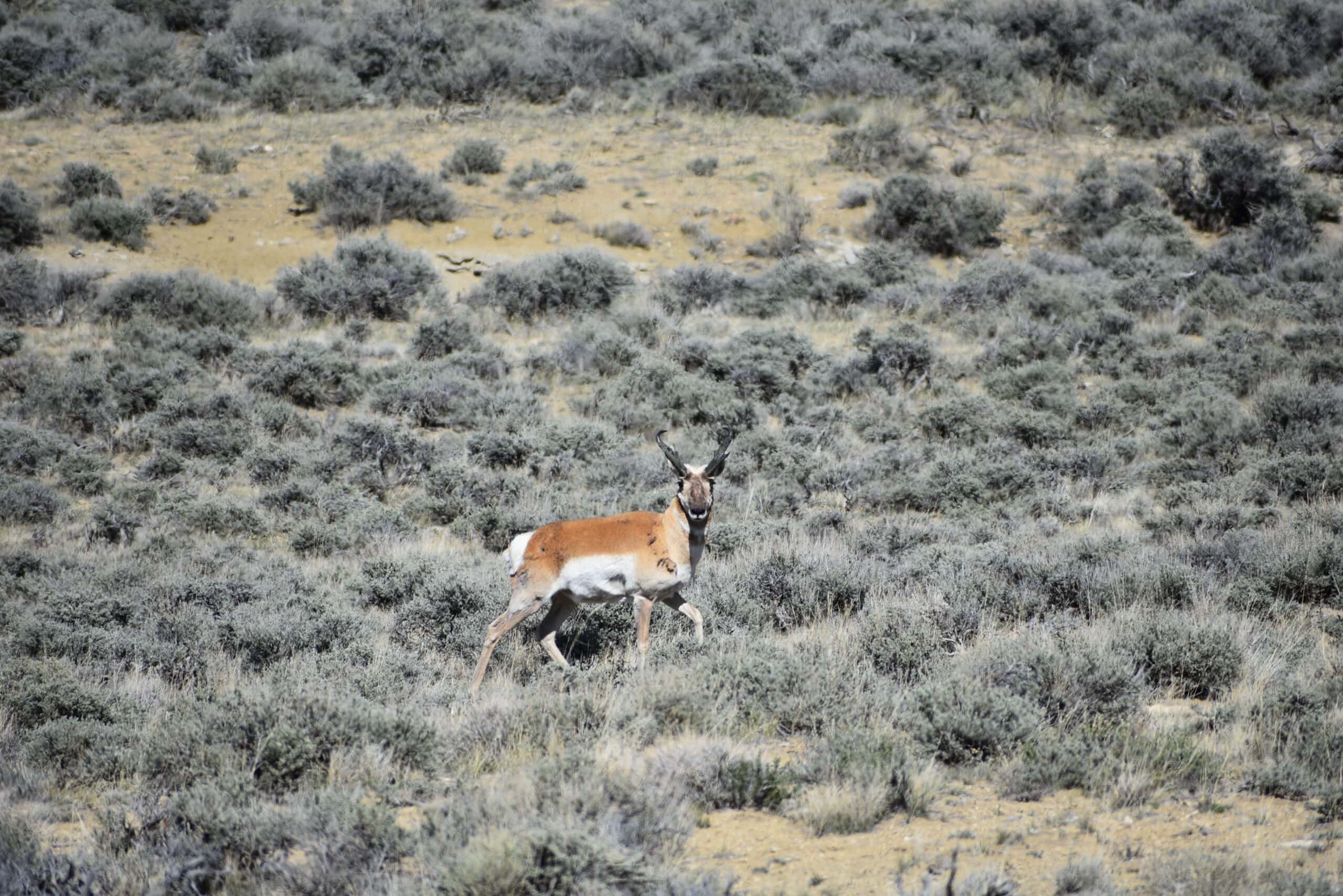Share this article
TWS Pushes for Landscape Conservation Cooperatives Funding
The Wildlife Society, along with over 100 other conservation groups, sent a letter to Congress requesting support for funding for the Landscape Conservation Cooperatives (LCC) in the fiscal year 2016 appropriations. Current provisions call for cutting LCC’s budget by nearly 50%, far below an $8 million increase requested by the White House.
Landscape Conservation Cooperatives are public-private partnerships comprised of states, tribes, federal agencies, non-governmental organization, universities, and other partners. They were created by the Department of Interior to better manage natural and cultural resources as issues surrounding them became increasingly complex. In general, LCCs have two functions: providing the science and technical expertise needed to support conservation planning at landscape levels; and promoting collaboration among their members in defining shared conservation goals.
The letter calls attention to the efficiency of LCCs, purporting that they minimize redundant efforts between agencies, provide pathways to share information and best practices, and create a platform for shared projects. These factors combine to lower the costs of natural resource management and save taxpayer money through increased efficiency and effectiveness.
Recent projects involving LCCs include a range-wide survey of wolverines across the west, a project evaluating the impacts of climate change and rising sea levels on habitat for migratory waterfowl in San Francisco, and the development of tools to conserve the eastern brook trout. Projects like these and several others have convinced the signors of the letter that with adequate funding LCCs can achieve collaborative conservation solutions that will improve the nation’s natural resource assets and the many benefits they provide.
Congress has until September 30 to pass a budget for fiscal year 2016. Currently none of the twelve appropriation bills, legislation that sets federal funding for the upcoming year, have been passed. If Congress fails to pass a budget or continuing resolution by the deadline, the federal government will shut down until lawmakers come to an agreement. Many expect Congress to attempt to pass a short-term continuing resolution, which would fund the government at the same levels as last year for a specified amount of time, to allow for more time to work out a budget for 2016.
Header Image: Bull elk at Great Sand Dunes National Park and Preserve in Colorado, an area in the Southern Rockies Landscape Conservation Cooperative.
Image Credit: U.S. Fish and Wildlife Service, licensed by cc 2.0








